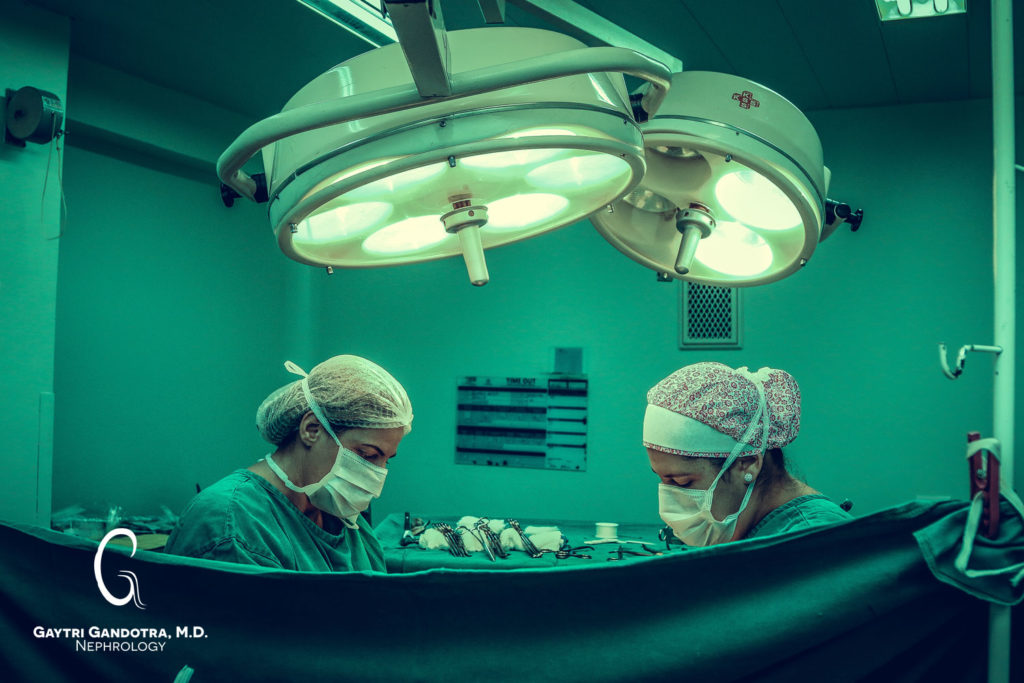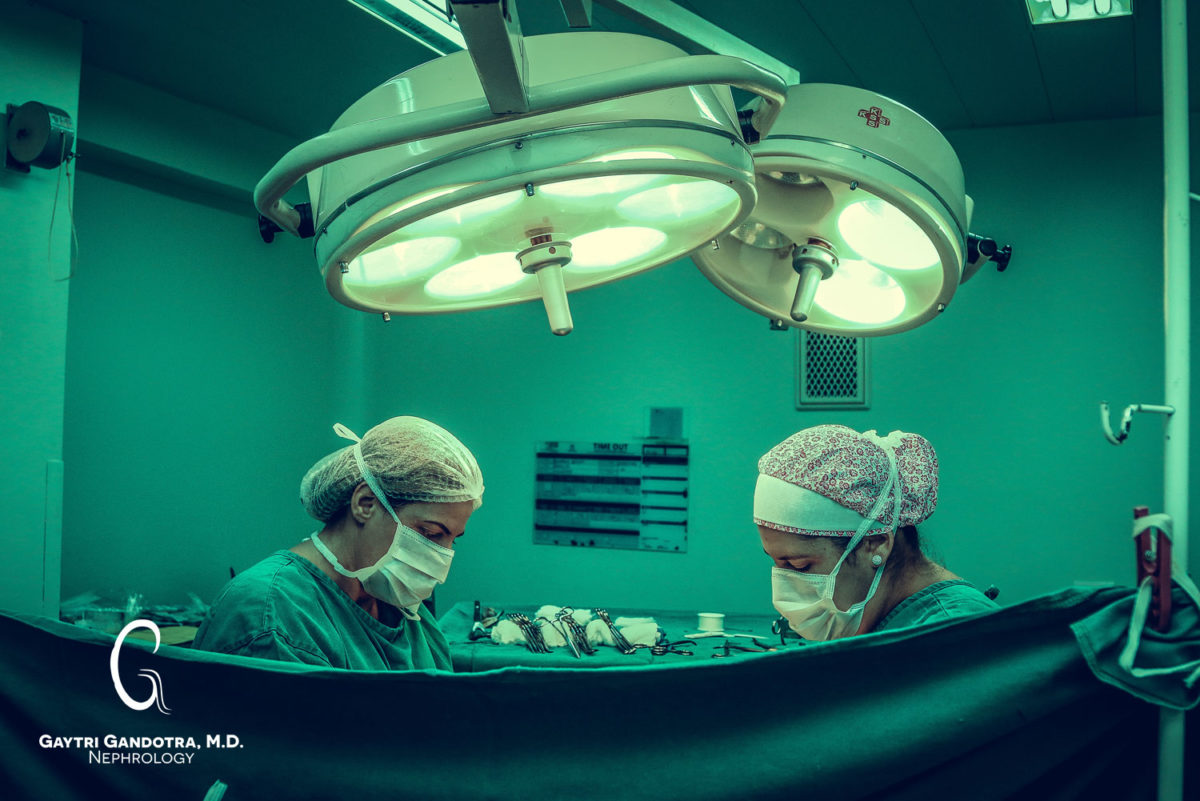A kidney transplant is the preferred treatment for End-Stage Kidney Disease. The benefits include an improved life expectancy and better quality of life. The kidney transplant process also provides a significant cost savings to the healthcare system compared to a person on dialysis. Unfortunately, the demand is very high and many people end up waiting for years to receive a kidney transplant.

Identifying Candidates
Patients can be referred to a transplant center either when the eGFR is < 20 ml/min or if they are on dialysis. Once referred the transplant center will run several tests to identify if you are a good candidate. Early referral allows the patient to also identify if they have a potential living donor.
Studies have shown that patients who have received a living donor have the longest survival rates.
The Screening Process
Once referred, the patient undergoes extensive health screening to identify any issues that may affect the outcome of the transplant. The transplant center will be looking out for conditions such as active cancer, heart disease or any active infection. The transplant team will also ensure that the patient has a good social support system.
After the Surgery
Financial resources also become important as patients have to take immunosuppressive medication for the rest of their lives. Adherence and compliance to this regimen is very important. Patients are usually managed by the transplant team for the first 6 months after a transplant after which they are managed by a Nephrologist.
The transplant recipient is placed on medications to suppress the immune system to prevent rejection of the kidney transplant. The drawback of these medications is that they can themselves cause infections and have other multiple side effects.
Post-transplant patients are monitored for rejection and any complications after the surgery. They are monitored lifelong for side effects of the immunosuppressive medications. Some of the short- and long-term side effects of these include cancer, infection, hypertension and diabetes.
Remember, despite the potential drawbacks, kidney transplant patients have the best long-term survival rates!

